Return of the Science Fiction Ghost: Report on the Beijing SF Summit Forum 2019 and Shenzhen by Lavie Tidhar
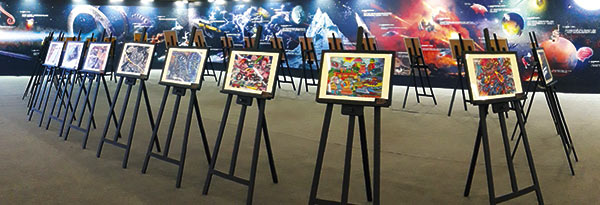
The story I told quite a lot on my recent visit to China was how, nearly 20 years ago and with much longer hair, I arrived in Beijing. I got off the night bus from the Mongolian border, armed with nothing much more than a curiosity about Chinese science fiction, and a single email address for a Professor Wu Yan.
I was warmly welcomed, introduced to many of the writers still working today, and travelled to Chengdu for a writer’s conference where a young man named Liu Cixin won his first award, for a short story published the year before.
Twenty years, it turns out, is a long time. The small dusty room where some 30 of us sat drinking tea has been replaced with a massive convention centre, and science fiction, once the domain of a handful of enthusiasts, is now big business.
This – as people will cheerfully admit to you – is in large part thanks to the massive success both domestically and overseas of Liu’s The Three-Body Problem. But another reason may be film.
SF’s real draw, I suspect, is in the lure of the silver screen. The Wandering Earth, itself based on Liu’s short story, was a huge box office success in China (in the West it is available on Netflix). Now there’s a gold rush to make sci-fi movies – the big whale being a much-anticipated adaptation of The Three-Body Problem.
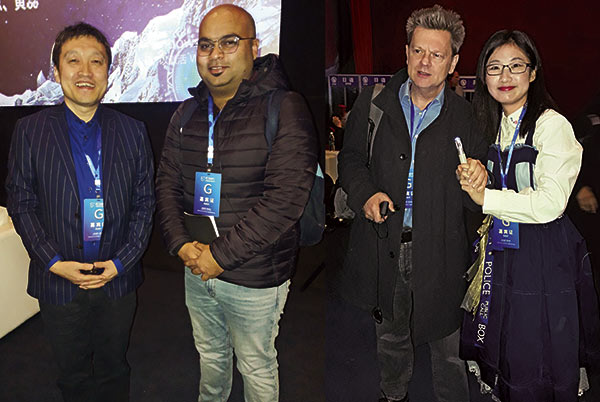
This time, I arrived with Ian McDonald on a flight from London. We were picked up in two separate cars and taken to the convention hotel outside Beijing, where we were joined by Ken MacLeod, James Patrick Kelly, Robert J. Sawyer, and Tullio Avoledo, our companions for the (more academically minded) Beijing SF Summit Forum, a two-day event of panels and talks. Presiding over us were Italian writer Francesco Verso, a tireless promoter of Chinese and World SF, and our host, the redoubtable Fan Zhang.
Our forum was merely a small part of a massive science fiction convention, itself only the middle part of a three-city series of events that began in Chongqing and ended in Chengdu. China is investing a lot in its 2023 Worldcon bid, and so a large number of international convention runners were also present, as were SFWA president Mary Robinette Kowal, physicist and author Leonard Mlodinow, and too many others to mention. The numbers of our small international gang soon swelled up!

To make matters more interesting (for me!), my visit coincided with the Chinese publication of my novel Central Station. While the others were relaxing, I was reunited with my old friend Wu Yan at the Citic Bookstore in Beijing for a panel event. Professor Wu, whom one may well call the godfather of Chinese SF, was a central pillar of the convention – a couple of days later he’d be delivering a keynote address reporting on the financial profitability of the growing “SF sector” before the thousands of attendees.
Wu Yan happily informed me that I was known as in China as “the science fiction ghost” – apparently because no one has seen me since 2000. The name seemed to catch, based on the number of interviews I did which introduced me this way….
The next day, and pretty jetlagged, we traipsed to the China Science and Technology Museum for a series of talks and a panel on -punks, in which it transpired Ian McDonald actually was a punk, hair and all. (Me: “I was too young”; Ken MacLeod: “I was too old”).
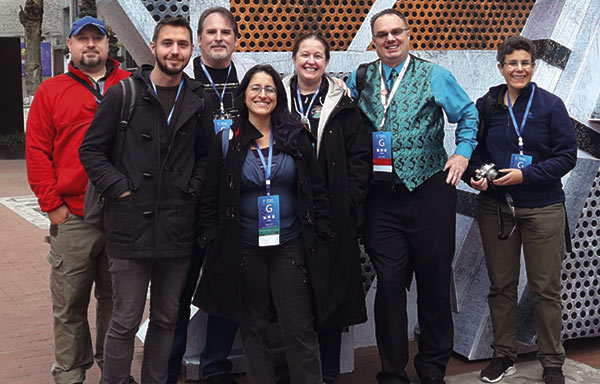
Then we rushed back to the hotel for an official banquet with all the guests, followed by a lavish reception in the main convention hall for the fans, where I got to see my old friend, the SF writer Yang Ping. I also finally got to meet the Japanese author Taiyo Fujii, who I missed on my visit to Tokyo earlier in the year, and to catch up with Chen Qiufan (Stanley Chan) whose excellent Waste Tide recently came out in English.
The convention itself kicked into high gear with a lavish two-hour opening ceremony full of dignitaries and rousing background music – you really felt you were inside a trailer for a sci-fi movie! I got to meet another old friend, the esteemed writer Xing He, and then off we went again to the SF Forum. The writer Han Song opened what turned out to be the launch of the new SF Committee of the Chinese Science Writers Association (this is a big deal as official recognition of SF), and more panels and talks followed.
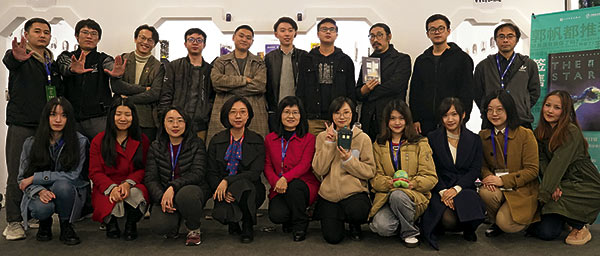
The next day, Ian McDonald, myself, and Wu Yan took off to Shenzhen. Situated just across the water from Hong Kong, Shenzhen is a true cyberpunk city, full of gleaming skyscrapers, that is also – I don’t know how else to say it – fun! Ian and I came to talk to Professor Wu’s students on the brand-new campus of the Southern University of Science and Technology, and went on a tour of the research facilities, where they’re building self-driving cars, autonomous drones, and robots. Lots of robots.
Another book event for Central Station followed, with young local Shenzhen author Wang Nounou, a fast-rising star in Chinese SF, and with Ian playing my opening act – the first and no doubt last time this will happen! Earlier, we met entrepreneur Frank Ma of the Science and Fantasy Growth Foundation, a non-profit SF group based in Shenzhen. Frank has branched out into producing movies – he has a fascinating generation-starship film currently in post-production. We were then taken on a tour of Huaqiangbei, Shenzhen’s enormous tech market, where you can buy drones, servers, bitcoin miners, or, indeed, anything you can imagine.
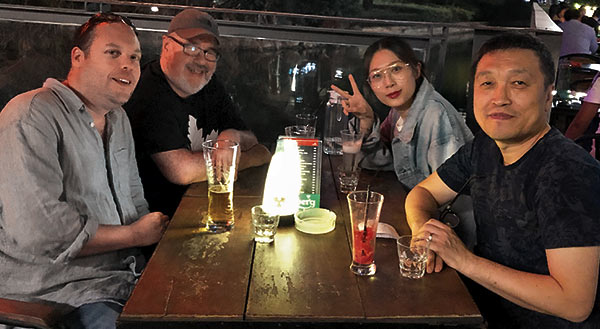
In Shenzhen the cars are electric, the weather glorious, the average age is 30, and the bars open late. The dim sum’s pretty fabulous, too. Will it give the SF powerhouses of Beijing and Chengdu a run for their money? Time will tell, but I’d go back there in a heartbeat.
Twenty years on since my last visit, science fiction in China is blooming, though the number of working writers remains small – and Liu’s the only breakout success. With films and gaming coming into prominence, however, everyone is looking for the next big thing, and as Chinese SF opens itself up to the world, I think we will be seeing much more of it in the coming years. I just hope it doesn’t take me another 20 years to come back!
–Lavie Tidhar, photos by Jaymee Goh
This report and more like it in the January 2020 issue of Locus.
 While you are here, please take a moment to support Locus with a one-time or recurring donation. We rely on reader donations to keep the magazine and site going, and would like to keep the site paywall free, but WE NEED YOUR FINANCIAL SUPPORT to continue quality coverage of the science fiction and fantasy field.
While you are here, please take a moment to support Locus with a one-time or recurring donation. We rely on reader donations to keep the magazine and site going, and would like to keep the site paywall free, but WE NEED YOUR FINANCIAL SUPPORT to continue quality coverage of the science fiction and fantasy field.




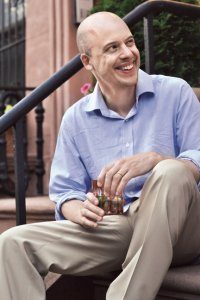


This is the great Festival I have ever seen in my life As a writer I am so much happy to see them here, The transpirancy was great at all
I like Chinese science fiction:https://baltimes.com/chinese-science-fiction/